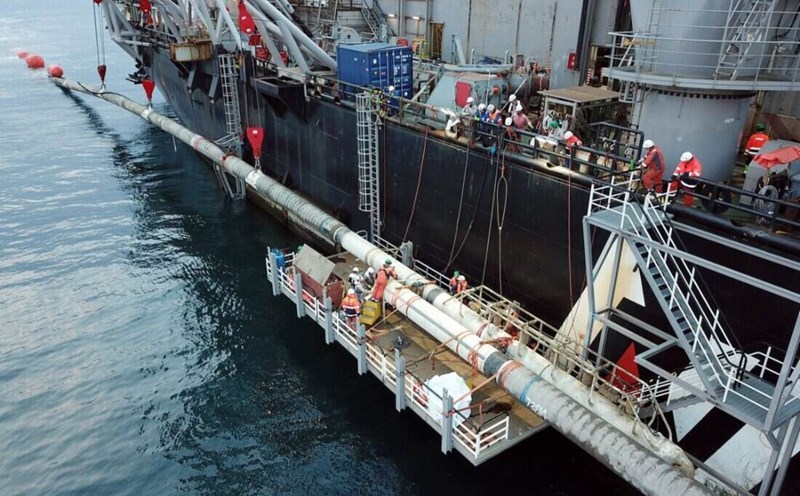On June 17, the EU announced a legal proposal to end Russian gas imports from 2027.
According to five sources, Spanish European Commissioner Teresa Ribera has led a behind-the-scenes campaign to ease the EU's ban on Russian gas.
Three EU officials and two EU diplomats revealed that Ms. ribera has repeatedly intervened when her colleagues in the EU executive agency drafted the strategy in recent months. They said she acted out of concern that Spanish companies would face a series of lawsuits from Russia.
"For five weeks, ribera has said that there has not been a good enough assessment and that the risk of being sued by Russia is very high," one official said, adding that the Spanish woman politician used her role as a team leader in the European Commission to find a way to influence the bloc's plans.
During that time, Ms. ribera mobilized the corridor of the trust group of EU Energy Commissioner Dan Jorgensen, who was responsible for the strategy. However, according to one official, the group of EU energy committee members is very steadfast and determined not to change the overall plan.
However, according to the two officials, the Spanish woman's efforts eventually led to a last-minute adjustment in the proposal, leaving open the possibility of resuming Russian gas imports, a move backed by EU countries with a more traditional tradition of friendship with Russia such as Austria, Hungary and Slovakia.
Spain is the third largest importer of liquefied natural gas (LNG) from Russia in the EU. Currently, Spain is forced to buy gas from Russian company Novatek until 2042 under a long-term contract signed with naturgy energy group. Last year, Spain imported 4.7 million tons of LNG from Russia, according to the Kpler cargo data platform.
Although the European Commission affirmed that the ban announced on June 17 has a tight roadmap for EU companies to terminate contracts with Russian companies ahead of schedule, experts warned that this measure could still face legal liability for EU importers, forcing them to pay millions of euros in fines if they lose the lawsuit.
A spokeswoman for ribera called the allegations unreasonable, saying the Spanish politician had repeatedly called on businesses to stop purchasing energy from Russia and always promoted policies to eliminate fossil fuels.
Ms. Ribera's spokesperson confirmed that she was involved in the drafting process, emphasizing that she did so for the benefit of Europe. We have supported the development of a reasonable and legally solid proposal, while helping to address concerns from other countries, the spokesperson said.
European Commission spokeswoman Anna-Kaisa Itkonen affirmed that the draft plan "complied with the normal practice of group members".











